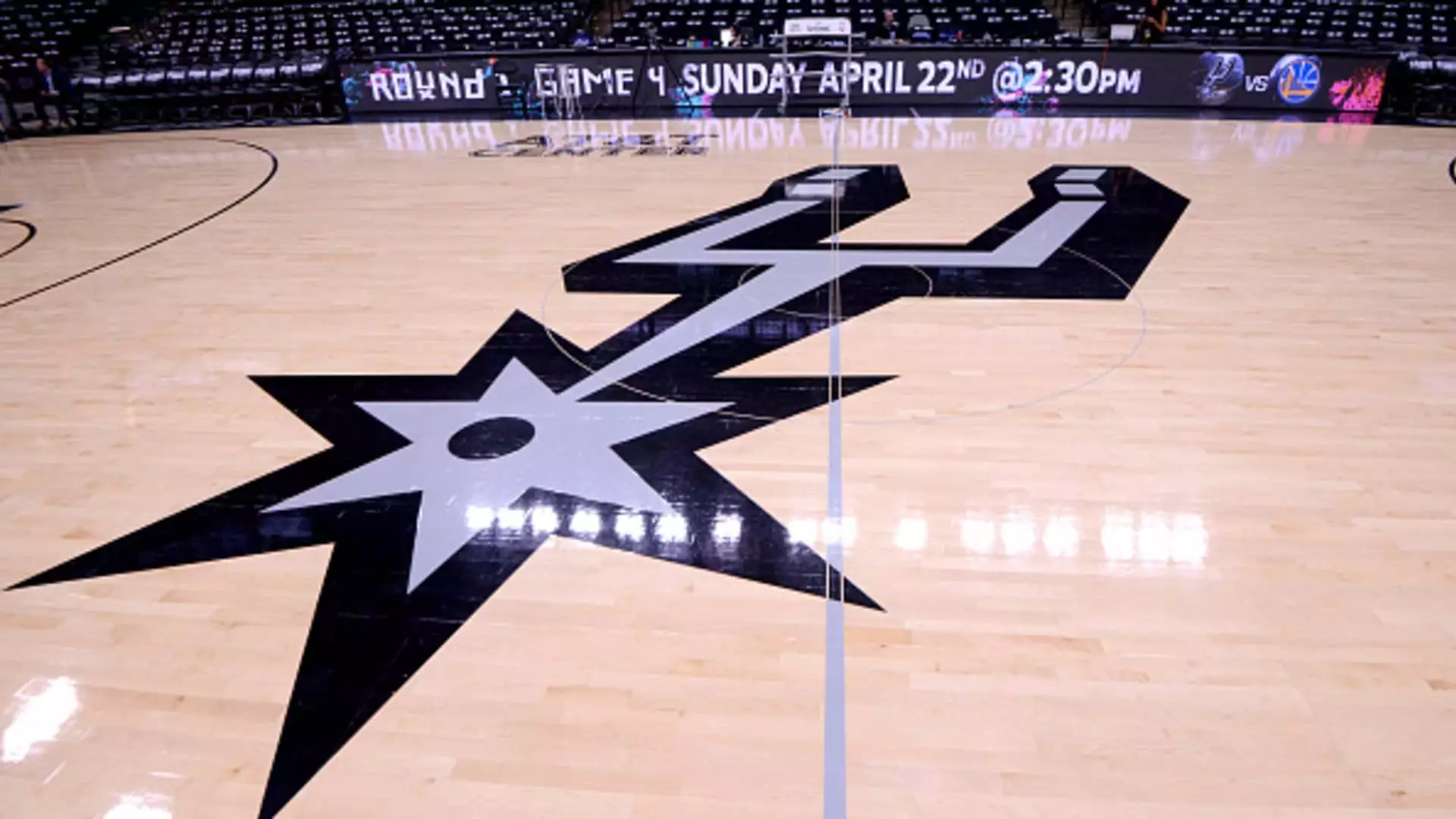The National Basketball Association (NBA) has transformed into a lucrative marketplace for investors, with rising franchise valuations attracting significant attention. One prominent figure capitalizing on this trend is Paul Viera, the founder and CEO of the Atlanta-based investment firm Earnest Partners. Recently, Viera has increased his ownership stake in the San Antonio Spurs from 5% to 11%, reflecting both a personal investment strategy and a broader trend in NBA ownership dynamics. This move symbolizes a growing interest in basketball franchises as high-value assets and a shift towards diversifying ownership demographics within the league.
Viera’s recent transaction, which involved purchasing the remaining interest of food service giant Aramark in the Spurs, has been particularly notable due to its timing and financial implications. The deal, conducted at a significantly discounted rate, allowed Viera to acquire the stake at an implied $2.5 billion valuation for the Spurs. The discount presented to partial team owners like Viera highlights the advantages of acquiring smaller ownership slices, which often come with diminished control over team operations. This strategy not only showcases Viera’s acumen as an investor but also his belief in the future profitability of the franchise underpinned by lucrative media rights agreements – a factor increasingly pivotal in team valuations.
Despite the Spurs’ struggles—failing to make the postseason since 2019 and finishing with a dismal 22-60 record in the last season—Viera stands optimistic. The rise of Victor Wembanyama, the team’s emerging star, signals a potential turnaround both on the court and in financial performance. This shift is crucial; as young talents draw fans and sponsors alike, they contribute to the franchise’s emotional and economic value.
Ownership within the NBA has historically been dominated by a select group, but Viera’s entry mirrors a significant shift towards more diverse ownership structures, particularly with former players and people of color stepping into roles as influential stakeholders. Alongside his investment, former Milwaukee Bucks star Junior Bridgeman’s recent acquisition of a 10% stake in the Bucks illustrates this transition. Bridgeman’s investment reflects broader trends in the NBA, with multiple pathways following announced efforts by the league to enhance diversity in ownership.
Investors like Viera and Bridgeman not only boost their financial portfolios but also play a role in changing the narrative within the sports management landscape. The presence of these minority owners challenges antiquated perspectives about who can lead and influence NBA franchises, thereby enriching the culture of the sport and opening doors for aspiring owners from diverse backgrounds.
At the core of soaring valuations is the NBA’s recently negotiated media deal, worth a staggering $76 billion over 11 years. This influx of revenue significantly raises the stakes for franchise ownership as teams become ever more desirable in the eyes of investors. In recent transactions, valuations have seen remarkable increases; the Bucks, for instance, were valued at $4 billion under circumstances that respected the returns of previous owners. The focus on media and marketability of franchises has led to a ratcheting up of competition among potential buyers, further inflating values.
The situation surrounding the Boston Celtics further emphasizes this trend, as their valuation is projected to reach between $5.5 billion and $6 billion. The significant appreciation from the $360 million purchase in 2002 underlines how NBA franchises evolve into lucrative investments. The Celtics’ potential sale reflects broader market conditions and investor confidence in the league’s financial prospects.
As Paul Viera expands his footprint within the Spurs’ ownership group, his actions encapsulate key trends that characterize the modern NBA landscape, including skyrocketing franchise valuations, increasing participation from diverse owners, and an evolving era for professional sports investments. The league’s future appears bright, with investors not just seeing potential returns but also the chance to impact the culture of basketball ownership positively. As Viera and others solidify their interests, the NBA will undoubtedly remain a coveted asset class for years to come, fostering a more inclusive environment where varied voices can contribute to shaping the sport’s future.

